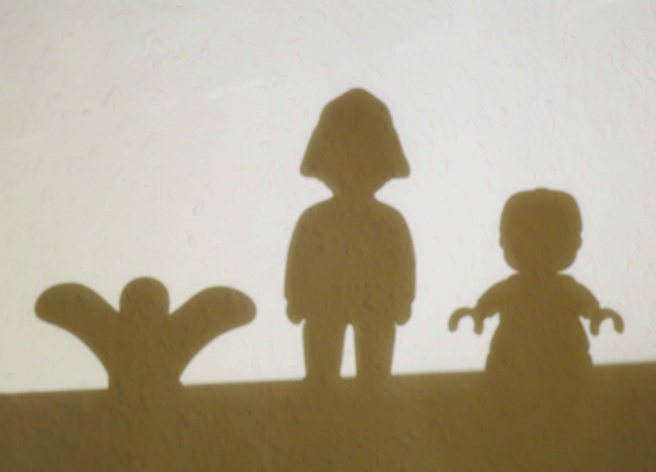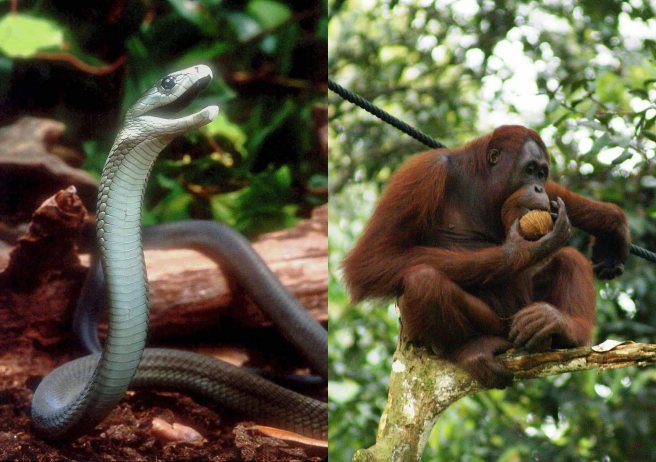
Like it or not, most of us are doomed to be rapidly forgotten.
There’s a great moment in Anne Rice’s “Interview with the Vampire”, in which the brooding protagonist has been scouring the Earth for the oldest of the immortals. He finds his man in Paris, but is stunned to discover that the world’s oldest vampire is a relative juvenile of just a few hundred years’ age. Armand, the vampire in question, breaks it to him gently – although vampires can theoretically live forever, in practice they tend to fade away after a couple of centuries.
It’s an uncomfortable parable for any scientist, given that an oft-cited lure of the job is that tantalising chance of immortality. Continue reading



